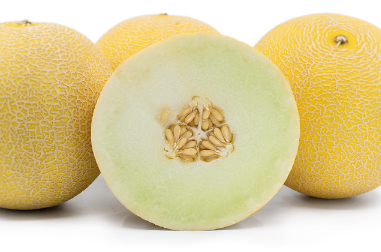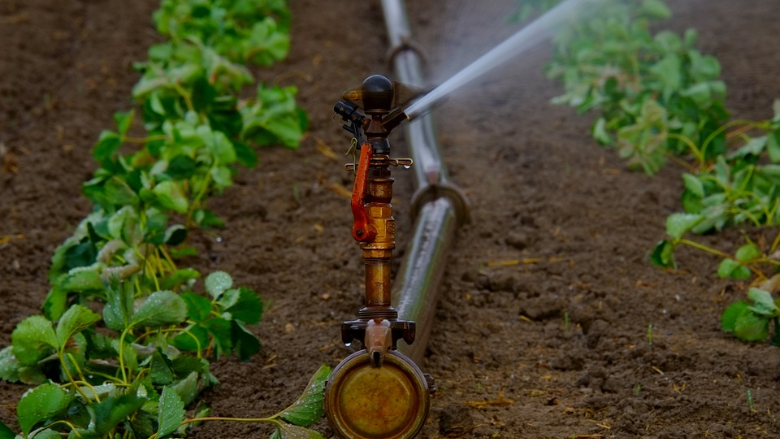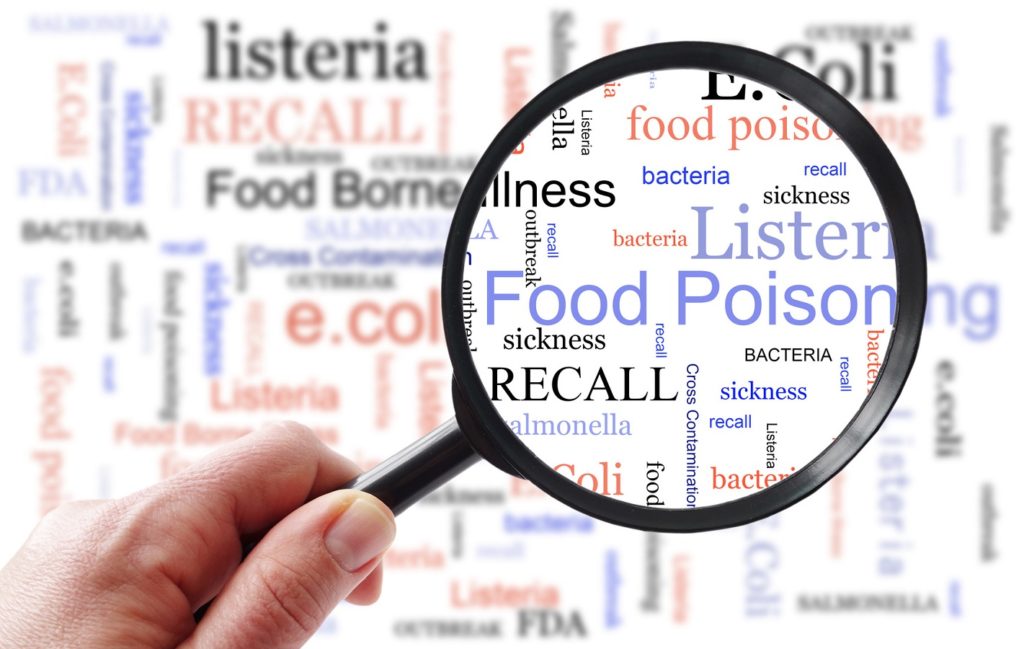ABSTRACT. It is estimated that one in five cases of foodborne illnesses is acquired in the home. However, how pathogens move throughout a kitchen environment when consumers are preparing food is not well characterized. The purpose of this study was to determine the prevalence and degree of cross-contamination across a variety of kitchen surfaces during a consumer meal preparation event. Consumers (n = 371) prepared a meal consisting of turkey patties containing the bacteriophage MS2 as a tracer organism and a ready-to-eat lettuce salad. Half were shown a video on proper thermometer use before the trial. After meal preparation, environmental sampling and detection were performed to assess cross-contamination with MS2. For most surfaces, positivity did not exceed 20%, with the exception of spice containers, for which 48% of the samples showed evidence of MS2 cross-contamination. Spice containers also had the highest MS2 concentrations, at a mean exceeding 6 log viral genome equivalent copies per surface. The high level of MS2 on spice containers drove the significant differences between surfaces, suggesting the significance of spice containers as a vehicle for cross-contamination, despite the absence of previous reports to this effect. The thermometer safety intervention did not affect cross-contamination. The efficiency of MS2 transfer, when expressed as a percentage, was relatively low, ranging from an average of 0.002 to 0.07%. Quantitative risk assessment work using these data would aid in further understanding the significance of cross-contamination frequency and efficiency. Overall, these data will help create more targeted consumer messaging to better influence consumer cross-contamination behaviors.HIGHLIGHTSForty-eight percent of spice containers sampled showed evidence of MS2 cross-contamination.Spice containers had the highest MS2 concentrations across kitchen surfaces.Spice containers may be a key vehicle for cross-contamination.The thermometer safety intervention did not affect cross-contamination.The efficiency of MS2 transfer was relatively low, ranging from 0.002 to 0.07%.




